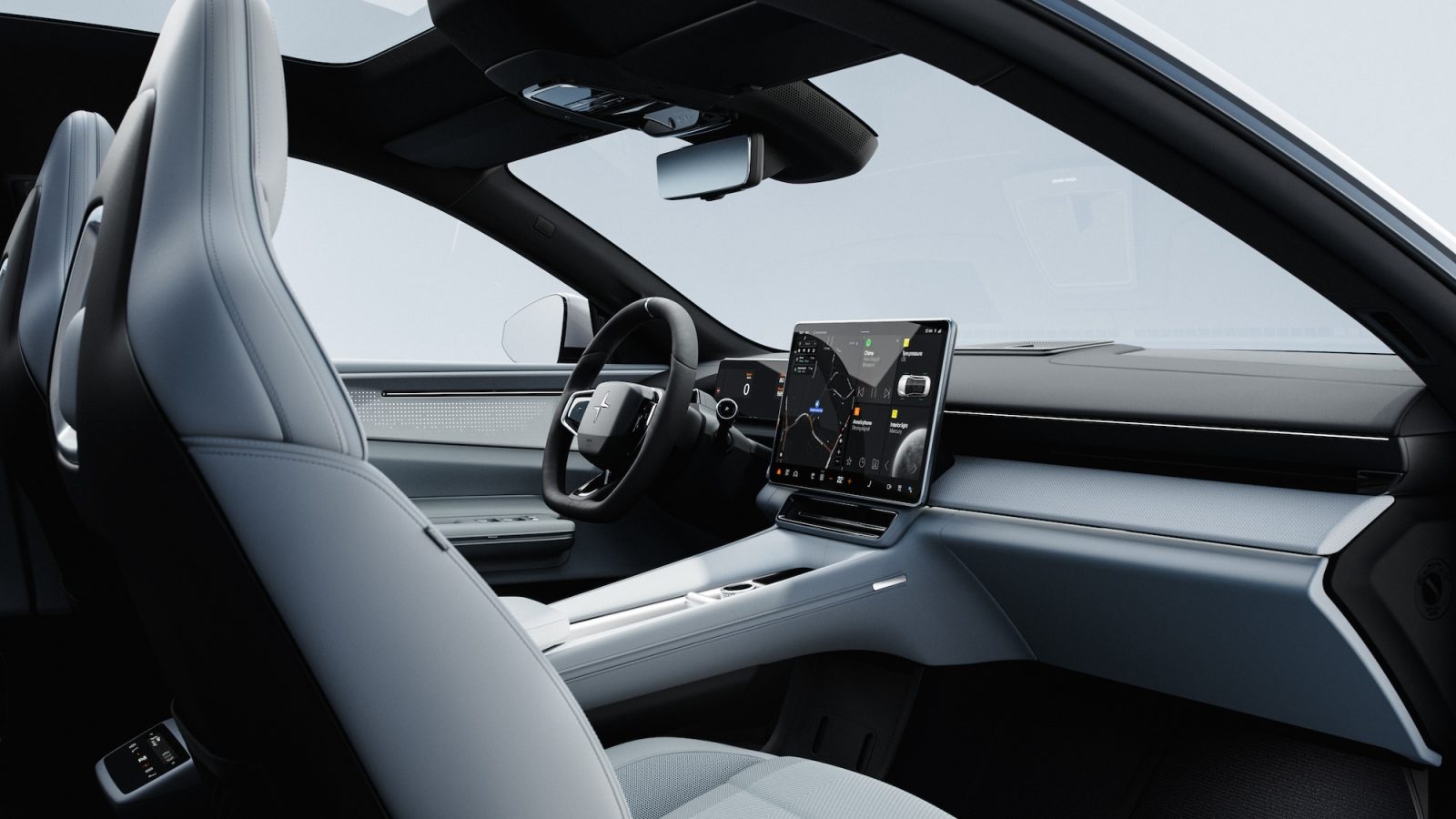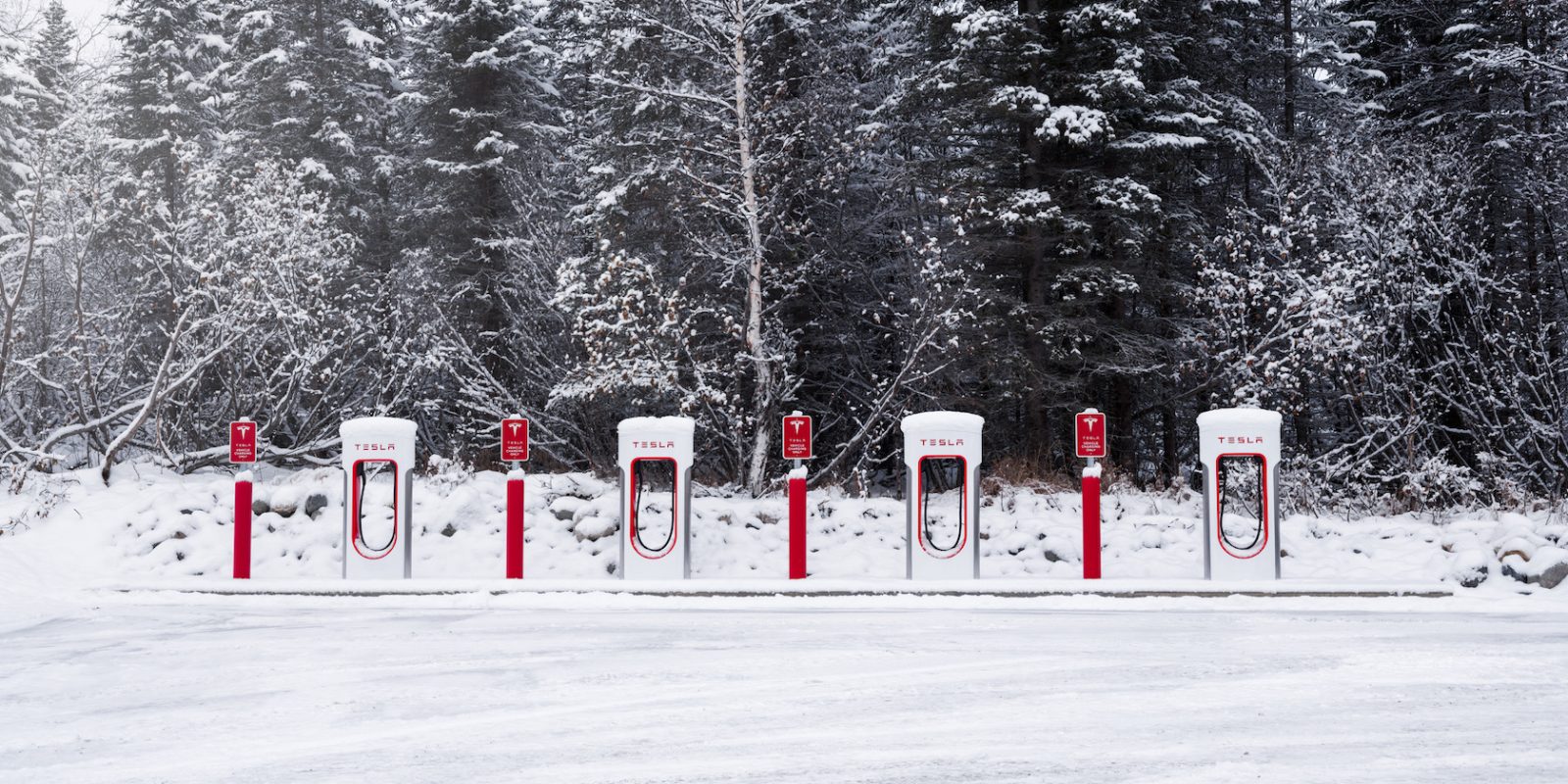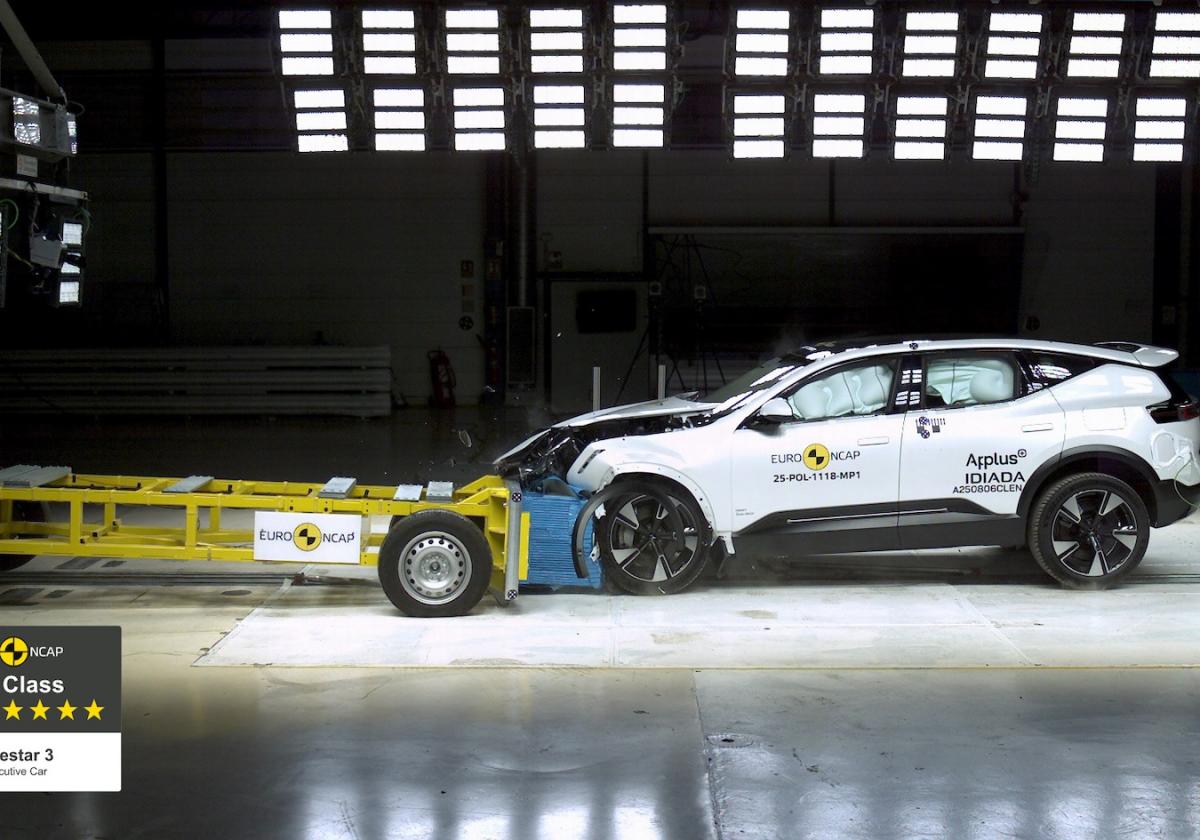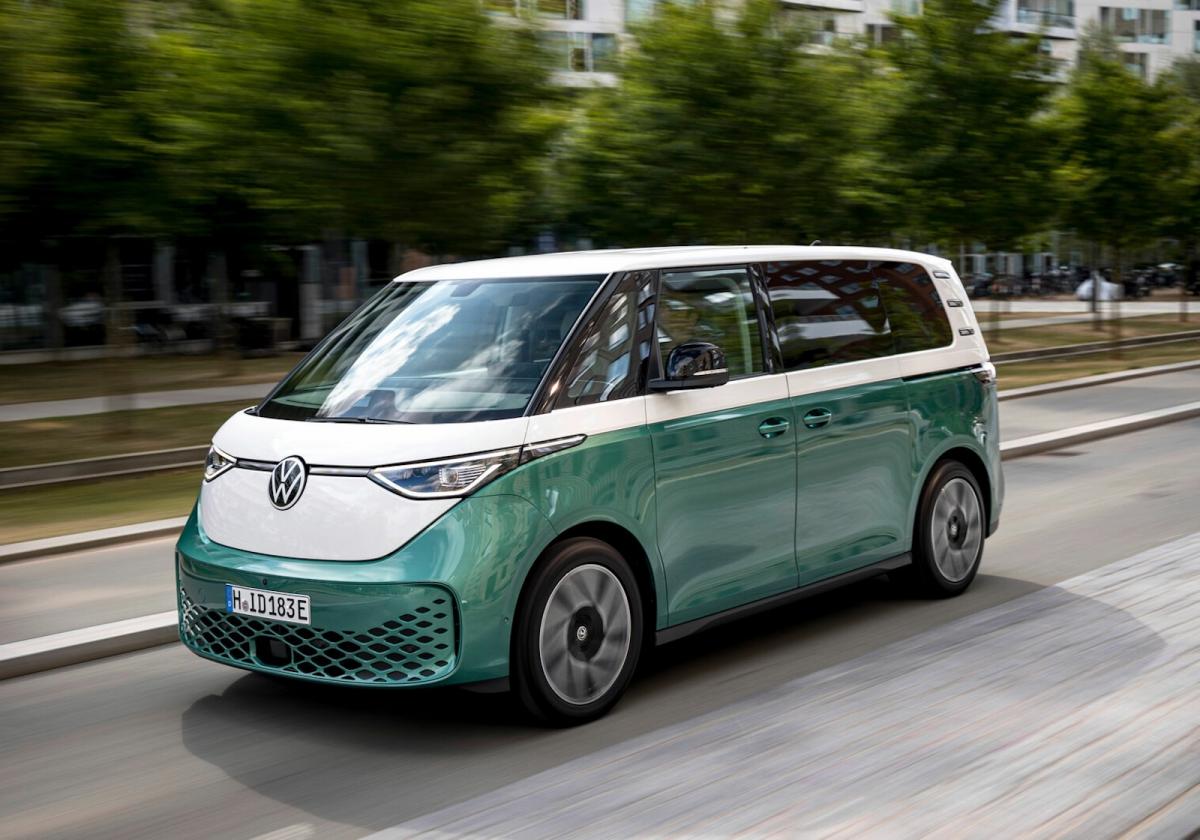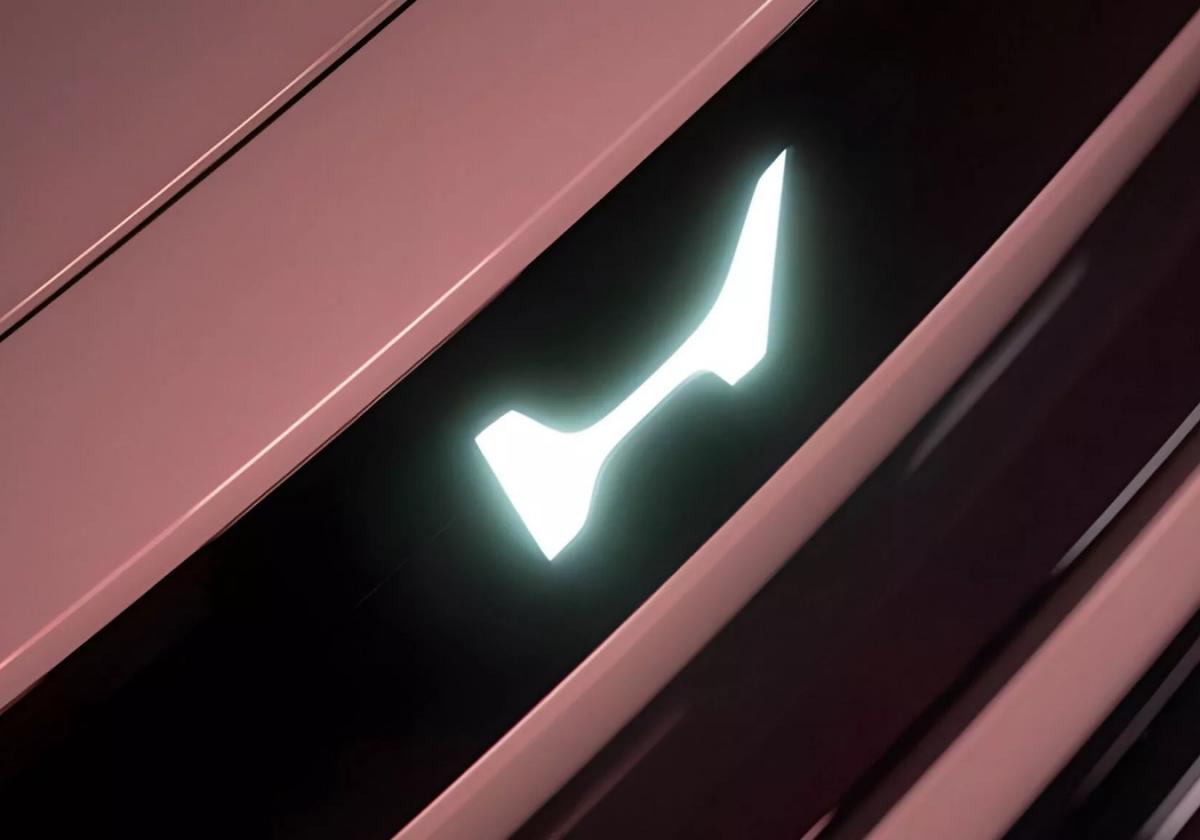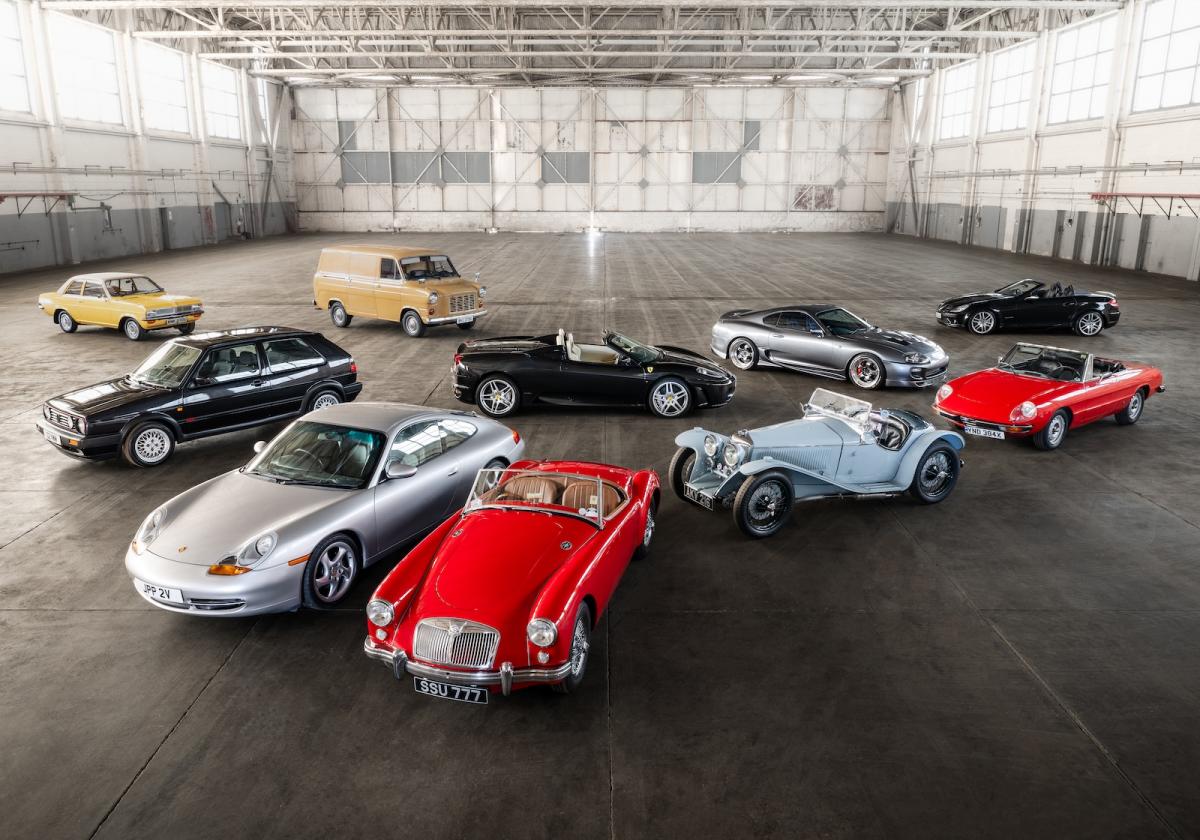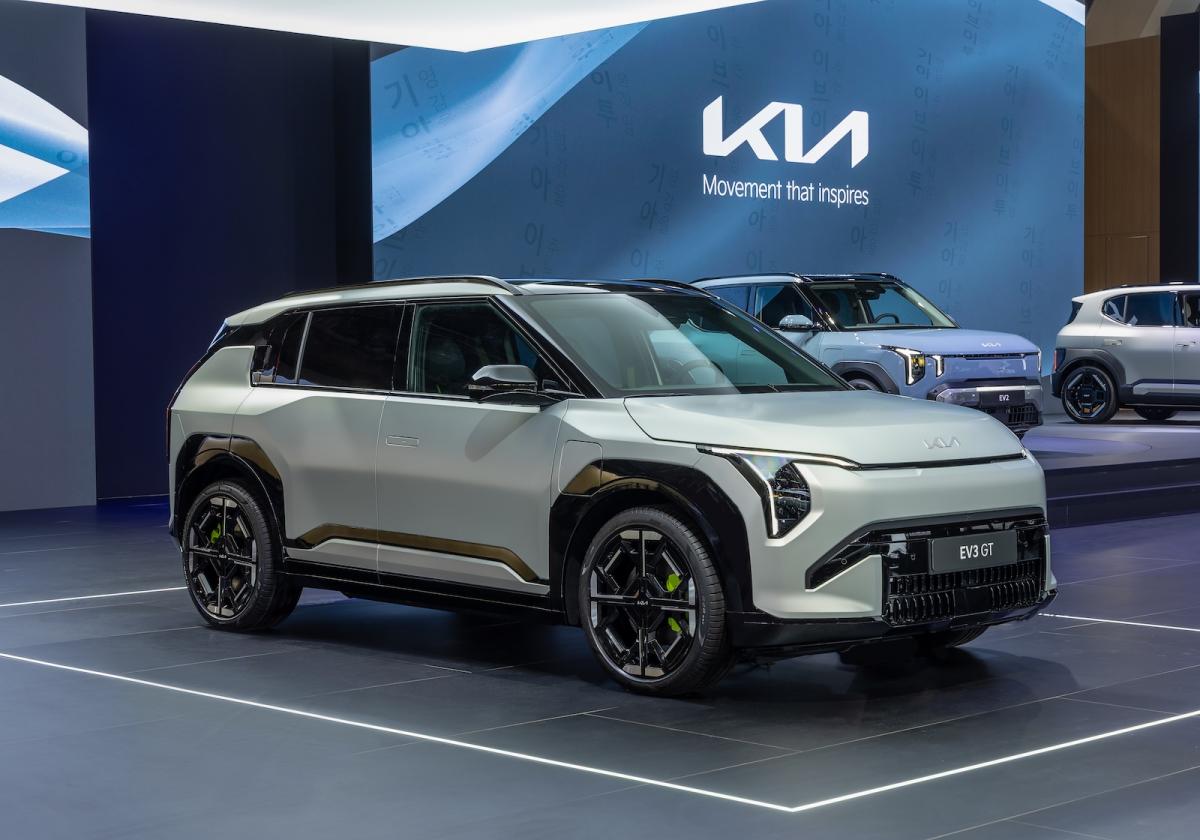During Tesla’s earnings call last night, CEO Elon Musk made a striking statement about the competitiveness of Chinese automakers that’s generating plenty of buzz.
When Adam Jonas, analyst from Morgan Stanley asked about the potential for Chinese brands to expand globally as their domestic market becomes saturated, Musk warned that “Chinese car companies are the most competitive car companies in the world.” He believes that without trade barriers, these automakers could “pretty much demolish most other companies.”
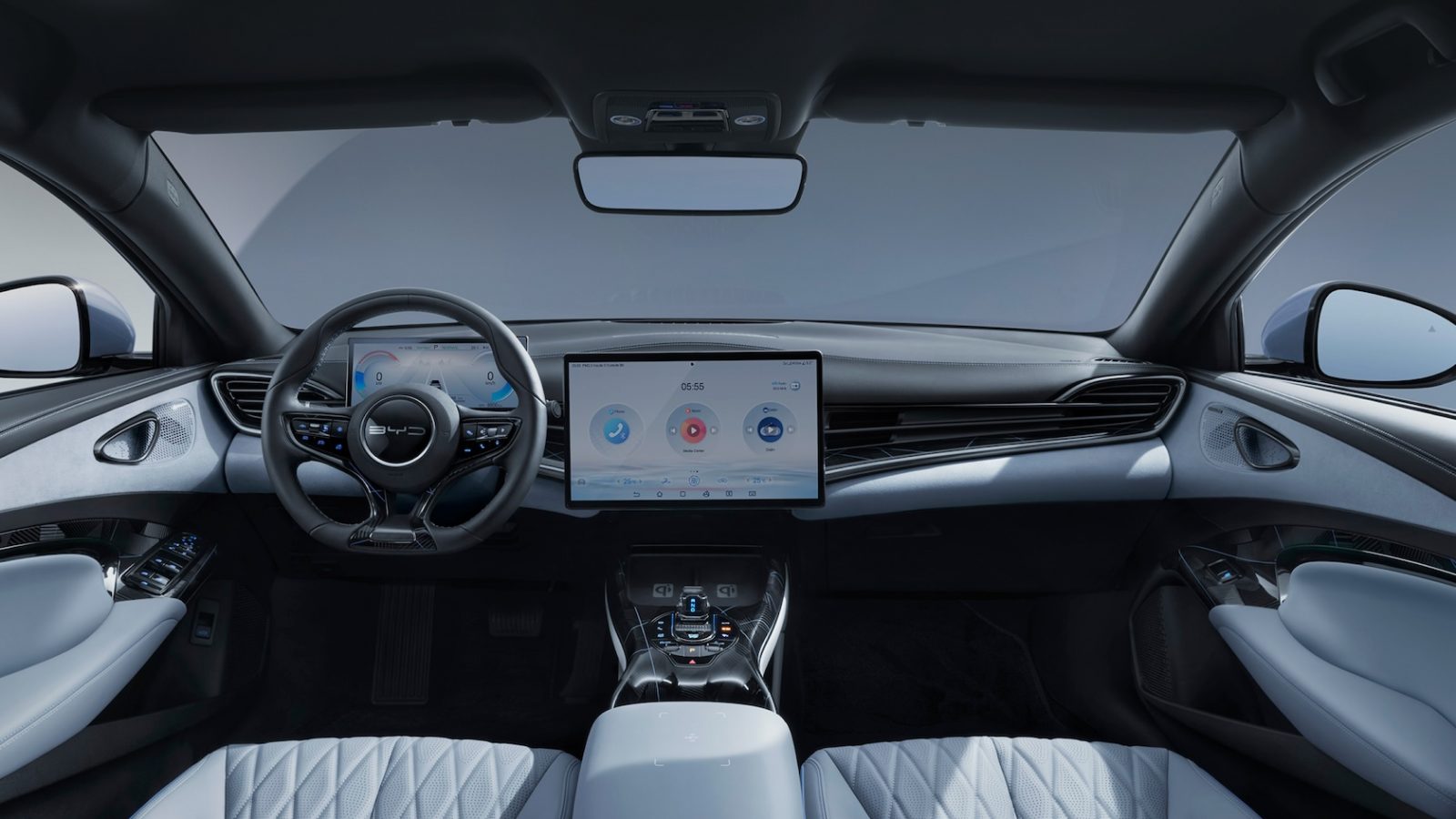
This is a bold claim about brands that are still mostly unknown or considered budget offerings in Western markets. Could Chinese companies like BYD, Geely, Great Wall Motors and others actually pose a real threat to the establishment? Or is Musk overstating their capabilities?
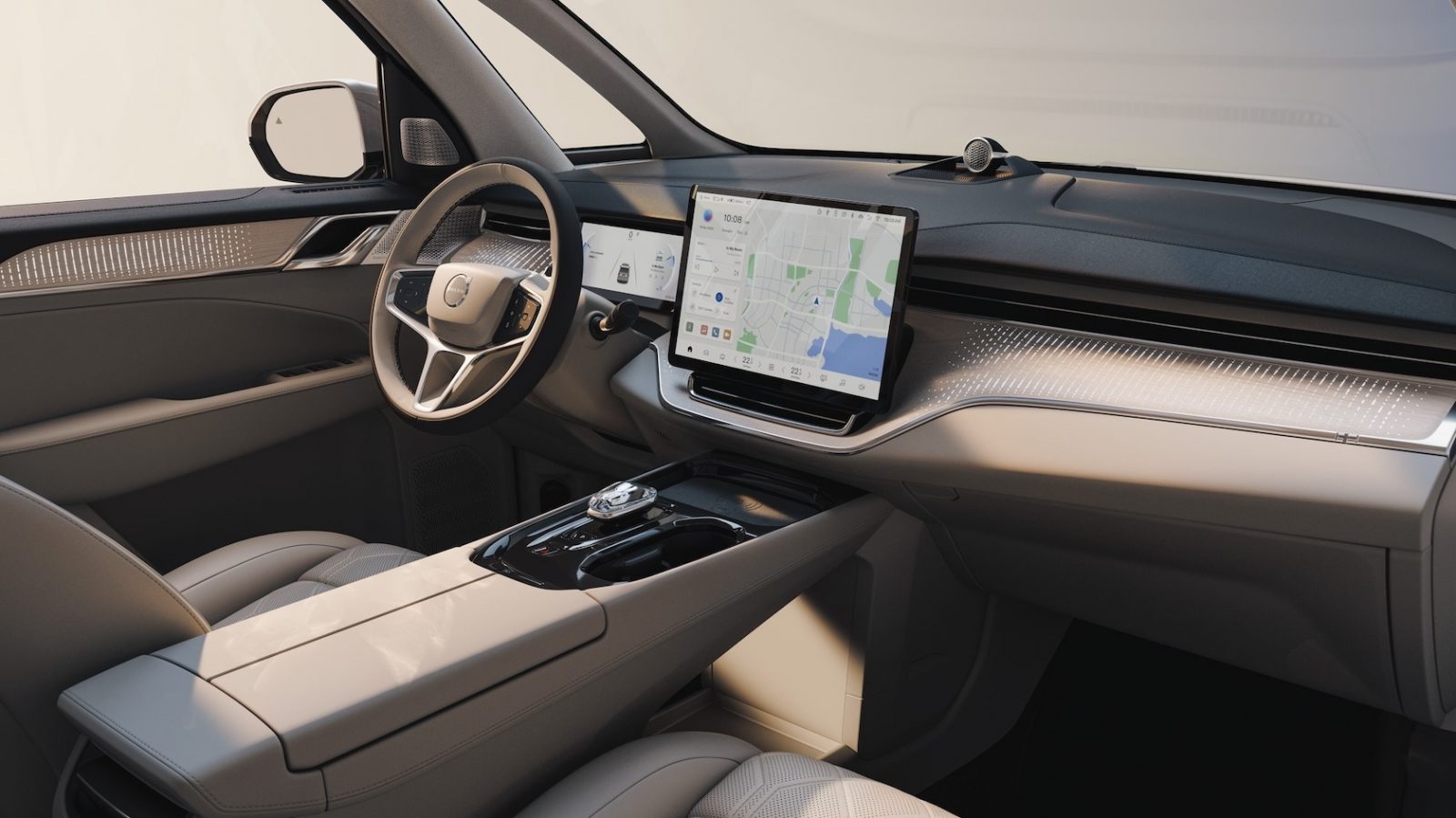
On the one hand, Chinese brands have made enormous strides in recent years when it comes to quality, technology and desirability. Major players like Great Wall and BYD are leading the way globally in EV adoption. Geely-owned Volvo is responsible for some of the most critically acclaimed luxury vehicles on the road.
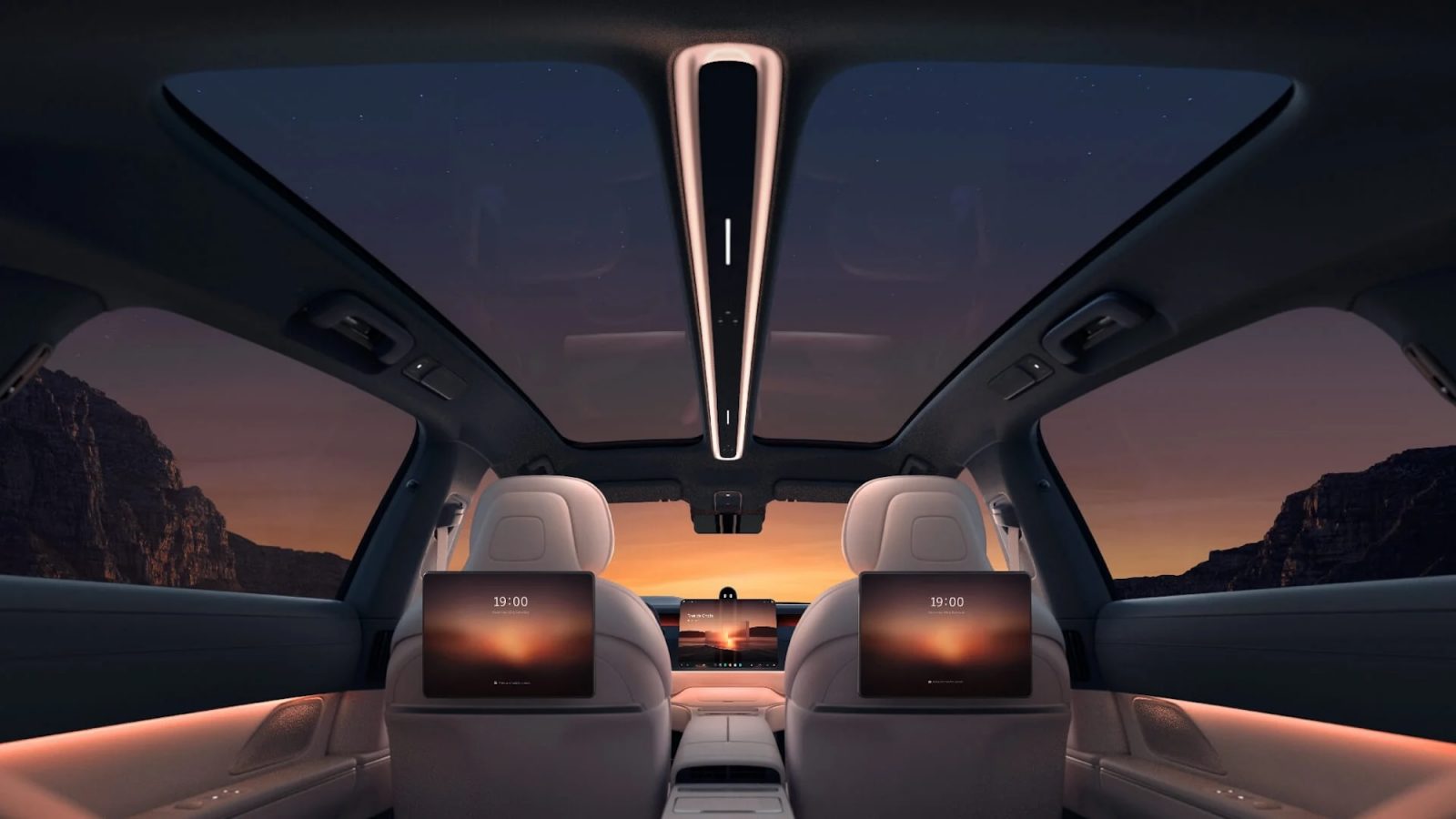
However, cracking Western markets presents challenges. Branding, reputation and awareness remain obstacles, as does adapting vehicles successfully to American and European preferences. Rigorous safety testing also awaits. Trade policies could play a deciding role.
While the rise of foreign automakers always brings some anxiety for Detroit and US Congress, Musk’s ominous language suggests he sees something uniquely disruptive forming. Even as Tesla faces its own pressures, Musk rarely concedes ground so forcefully to his would-be competitors.
Chinese EV makers now account for over half of global EV sales and the numbers keep rising. Backed by immense manufacturing capacity and technical capability, it’s evident China intends to lead the future of mobility.
The implications of Musk’s warning should spark serious conversations in industry boardrooms and policy debates alike. Rather than resistance or downplaying the challenge, the wise course may be strategic partnerships and policy evolution to align with the accelerating momentum.
With so much still uncertain, avoiding knee-jerk reactions seems prudent. But skepticism also feels unwise given China’s ascendance across a range of high-tech manufacturing spheres. With billions invested and the full backing of state planners, betting against their automakers seems precarious.
Just how rational or overblown are Musk’s apparent concerns? Will outside barriers like reputation and policy frustrate Chinese brands’ global ambitions or merely slow them down? As the landscape shifts, adapting smart strategies now could enable stakeholders across the mobility sector to align with the currents rather than fight against the tide.
To be clear, Chinese EV maker is already here. Polestar. It’s an electric performance brand spawned from Volvo and Geely,
